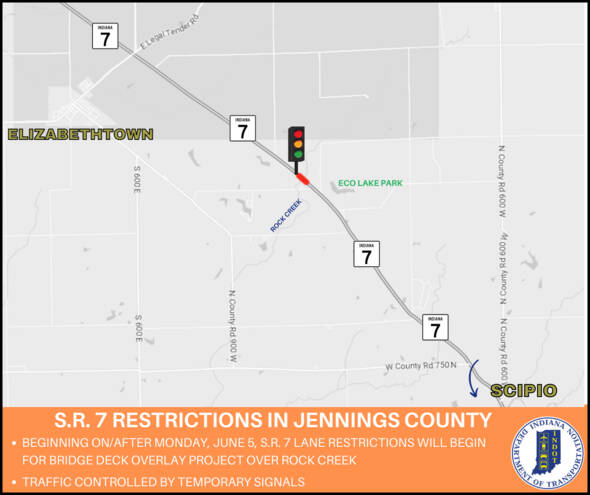Columbus Signature Academy — Lincoln Campus elementary students began their school year by discovering that learning happens inside and outside the classroom.
Fourth-grade teacher Karen Biehle was among six educators who participated in a school-wide exercise Aug. 3, the second day of school, designed to educate students about behavior expectations.
Topics that were covered included how to behave in the bathroom, what voice levels are expected for the hallway and playground and behavior expectations when arriving and leaving school.
“We want them to be safe, respectful, responsible and a peacemaker,” Biehle said of the exercise’s goal.
[sc:text-divider text-divider-title=”Story continues below gallery” ]
The experience is particularly valuable for kindergarten students who may not know what is expected since it can be their first time away from their parents, Biehle said.
Heather Pickup, a teacher’s assistant in Chasidy Aldrich’s classroom, helped lead 25 students around the building to different locations. After their visit with Biehle, who talked about restroom behavior, the group was greeted by Principal Brett Findley.
Findley went over procedures in the cafeteria.
He told students that all of them are expected to have a lunch tray and to raise their hand if they need assistance. Findley also said a voice level of 1 — which means having a conversation in a whispering voice — is the expectation for the cafeteria.
The principal said while the exercise communicates expectations to students, it’s also reminder to teachers and other staff members of expectations.
“This is for the adults as it is for the kids,” Findley said. “We have not had an issue with student behavior, rather this is just an opportunity to reinforce those positive behaviors.”
Students also reviewed voice level expectations with Lori Cash, who teaches first grade at CSA Lincoln.
She held up a sign illustrating the different levels from 0 to 3, with 0 representing being quiet and 3 being used outside or playing a game inside the gym. Level 1 represents whispering, while Level 2 means engaging in a conversation, she said.
The exercise is one that mirrors the district’s Positive Behavior Instructional Supports, or PBIS, approach, which is meant to teach students expected behaviors, said Tina Greene, Universal Design for Learning coordinator for the Bartholomew Consolidated School Corp.
“It’s helping them form an understanding of how they’re expected to behave at the school,” Greene said.
The overall goal of PBIS across the district is to meant to reduce behavior issues that may exist, according to Greene, who said each school has a PBIS committee that reviews behavior data on a monthly basis. The committee can evaluate behavior and determine what, if any, changes need to be made at their schools, Greene said.
Still, she stressed that PBIS doesn’t eliminate 100 percent of behavior problems that might arise.
“We all make mistakes and if we mess up, we need to be reminded of what those expectations are,” Greene said.
Students in upper grade levels can also help model and reinforce positive behavior to younger students as well, she said.
“I think the students know the expectations from the get-go,” she said.
[sc:pullout-title pullout-title=”Expectations at CSA Lincoln” ][sc:pullout-text-begin]
Positive Behavior Instructional Supports, or PBIS, helps teach students expected behavior at their respective schools. The expectations at CSA Lincoln vary depending on where a student is located on school grounds.
More information for parents: bcsc.k12.in.us/site/default.aspx?domainid=788
Source: CSA Lincoln
[sc:pullout-text-end]







